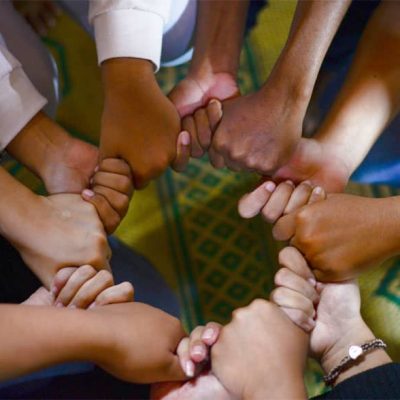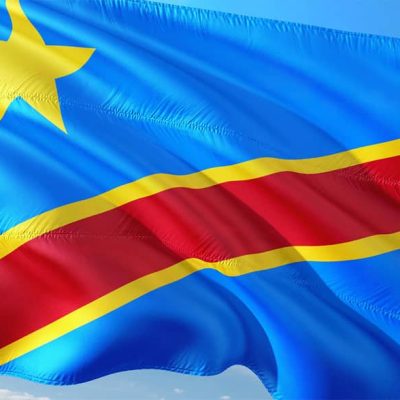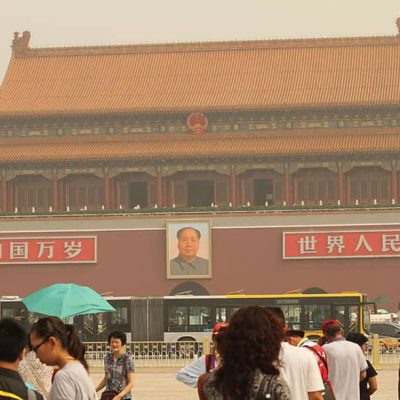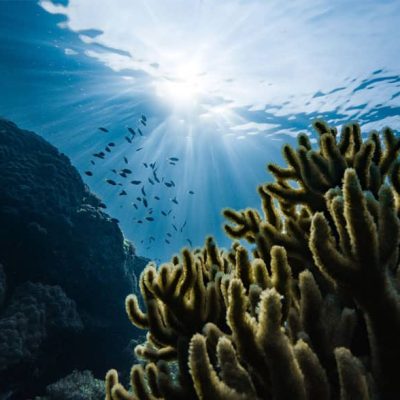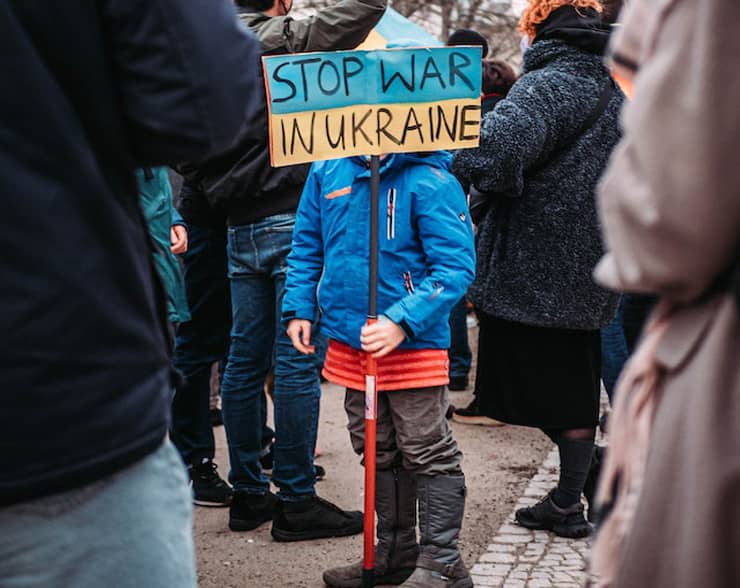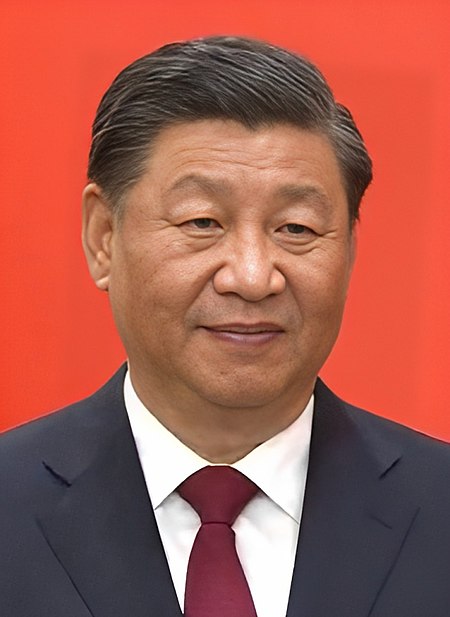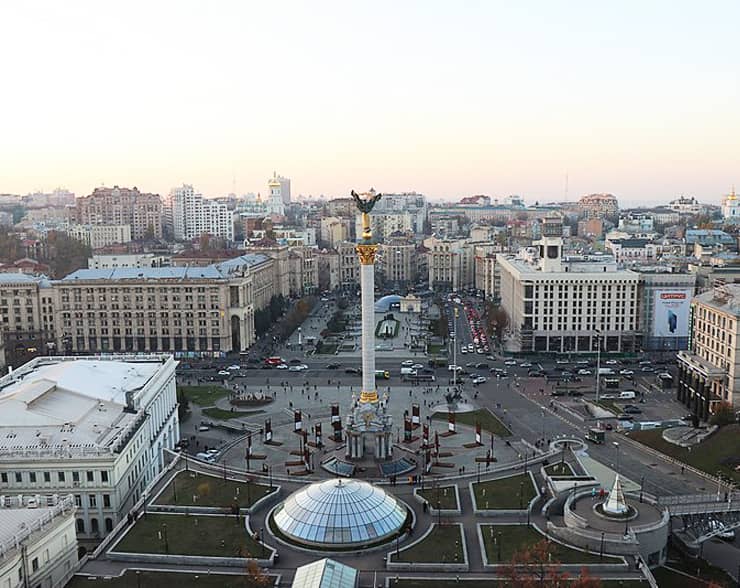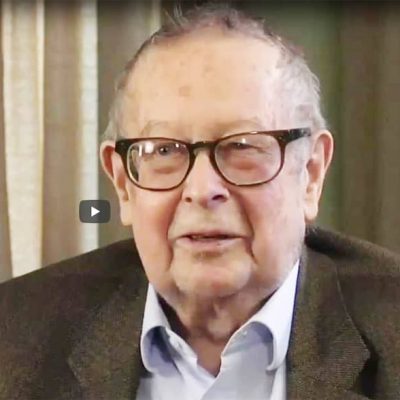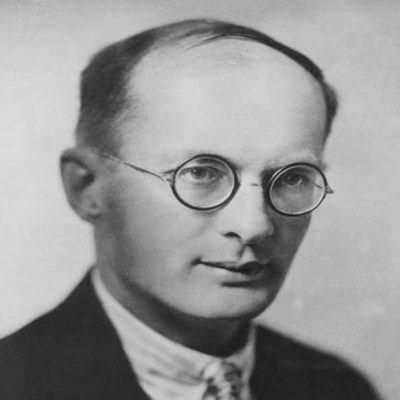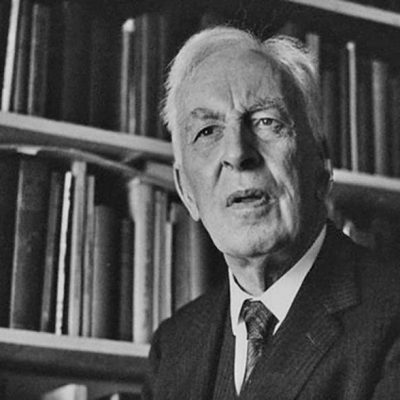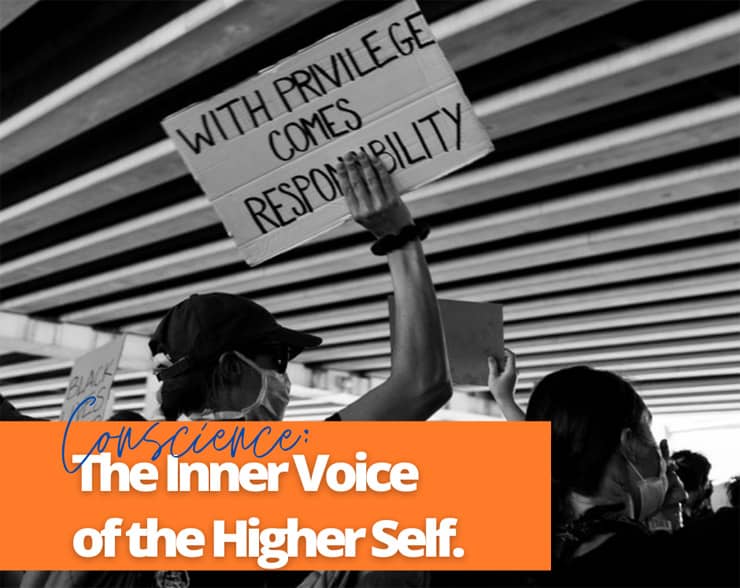 Appeals
Appeals
Steps Toward The Protection of The Oceans.
Featured Image: Photo by Dave Hoefler, Unsplash.
On 4 March 2023, at the United Nations in New York an important step toward the protection of the oceans was taken with the presentation of a new Treaty on the High Seas for the protection of the biodiversity of the oceans beyond the national territorial limits. These negotiations began in 2004. Their length is an indication of some of the difficulties of the issues
The Evolution of the Law of the Sea: From the 1970s Negotiations to Current Political Tensions.
The new treaty builds upon the 1970s U.N. effort on the Law of the Sea presented for ratification in 1982. The decade-long 1970s negotiations, in which non-governmental organizations such as the Association of World Citizens played an active role, dealt primarily with the extension of national jurisdiction to include an “exculsive economic zone” under the control of the state holding the 12 nautical mile jurisdiction. The state in question could make financial arrangements with other states on fishing or other activities within the exclusive economic zone.
The 1970s Law of the Sea negotiations also led to the creation of a dispute settlement procedure as there were overlapping exclusive economic zones as well as issues of the creation of exclusive economic zones around national islands. These issues have taken on strong political dimensions concerning Chinese claims in the South China Sea around uninhabited islands as well as tensions between Greece and Turkey.
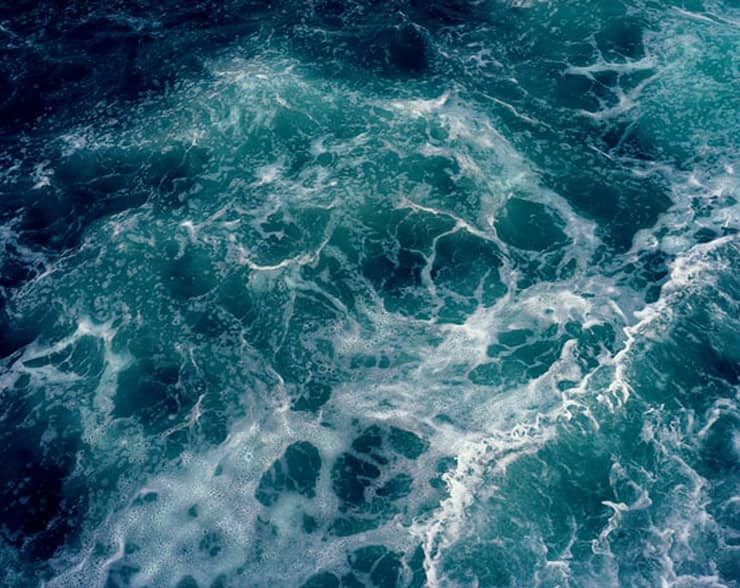
Picture: Photo by Alice Mourou on Unsplash.
Our Common Oceans and Seas.
The High Oceans Treaty: Addressing New Challenges for Ocean Conservation and Sustainable Use.
The new High Oceans Treaty concerns the bulk of the oceans beyond the national jurisdiction and the exclusive economic zone. The new treaty is a reflection of the newer concerns around the consequences of global warming, the protection of biodiversity, efforts against land-based polution, and the consequences of overfishing.
Non-governmental organizations again played an important role in the creation of the new treaty, even if there are still issues, such as mining on the ocean bed, left out of this treaty. It is encouraging that there was cooperation among major governments on the Treaty, the U.S.A., China, and the European Union. There is still work ahead, and governmental efforts must be watched closely. However, 2023 is off to a good start for the protection and wise use of the oceans.

Image: The USS John S. McCain conducts a routine patrol in the South China Sea, Jan. 22, 2017. The guided-missile destroyer is supporting security and stability in the Indo-Asia-Pacific region. Navy photo by Navy Petty Officer 3rd Class James Vazquez. By Navy Petty Officer 3rd Class James Vazquez, Public domain, via Wikimedia Commons.
Saber Rattling in the South China Sea.
René Wadlow, President, Association of World Citizens.

President, Association of World Citizens (AWC).
Estudied International relations in The University of Chicago.
Estudied Special Program in European Civilization en Princeton University
Here are other publications that may be of interest to you.
Burma’s Crumbling Junta
February first marked the anniversary of the military coup which overthrew the government of Aung San Suu Kyi in 2021. She was in practice the leader of the government but…
Preventing the Expansion of the Gaza Conflict: Are Peace Brigades a Possibility?
Antony Blinken, the U.S. Secretary of State, has been again in the Middle East working to prevent the violence of the Gaza Strip of spreading to much of the area. …
World Citizens Call for an Inmediate End to Hostilities between Israel and Hamas, and for a Genuine Peacebuilding Effort in the Middle East.
Featured image: The impact of the Israeli bombing on a civilian building in Gaza (2021). By Osama Eid, CC BY-SA 3.0 https://creativecommons.org/licenses/by-sa/3.0, via Wikimedia Commons. The AWC, a Nongovernmental Organization…
World Humanitarian Day: A Need for Common Actions.
Featured Image: Photo by Wylly Suhendra on Unsplash. The United Nations General Assembly has designated 19 August as “World Humanitarian Day” to pay tribute to aid workers in humanitarian service…
Peace Planners: Awake!.
Featured Image: Photo by Eddie Kopp, Unsplash. The recent NATO Summit in Vilnius is an indication that the war planning community is busy at work in the spirit of Von…
Track Two Efforts Needed to Reduce China-India Frontier Tensions.
Featured Image: Arunachal Pradesh – India. Photo by Unexplored Northeast, Unsplash. There has been a constant buildup of military forces by the governments of both India and China along their common frontiers. …
Democratic Republic of Congo: Sky Getting Darker.
Photo by jorono, Pixabay. The armed conflict in the eastern area of the Democratic Republic of Congo (RDC) on the frontier with Rwanda seems to be growing worse and is…
World Refugee Day.
June 20 is the United Nations (UN)-designated World Refugee Day; marking the signing in 1951 of the Convention on Refugees. The condition of refugees and migrants has become a “hot”…
4 June: Memories of Tiananmen Square.
4 June makes the security forces in China somewhat uneasy, especially in Hong Kong where, in the past, there were large memorial meetings tp remind people of 4 June 1989…
International Day of the Oceans.
Featured Image: Photo by Marek Okon, Unsplash. Progress on Asian Maritime Delimitations Needed. 8 June has been designated by the United Nations General Assembly as the International Day of the Oceans to…



